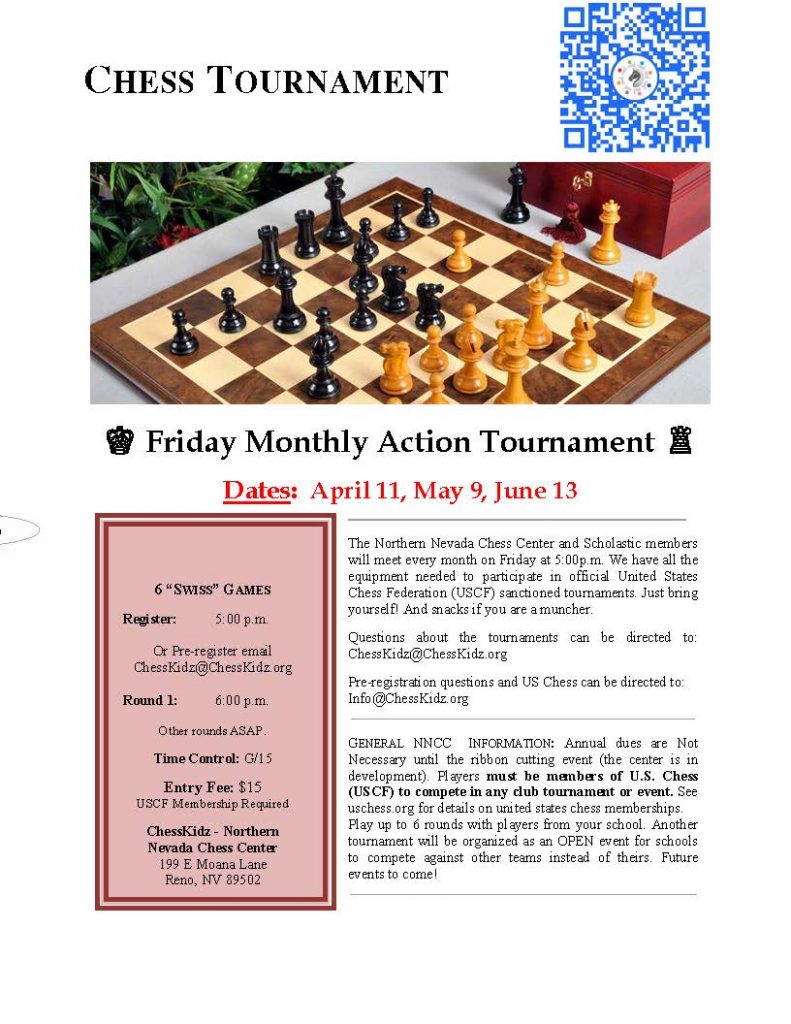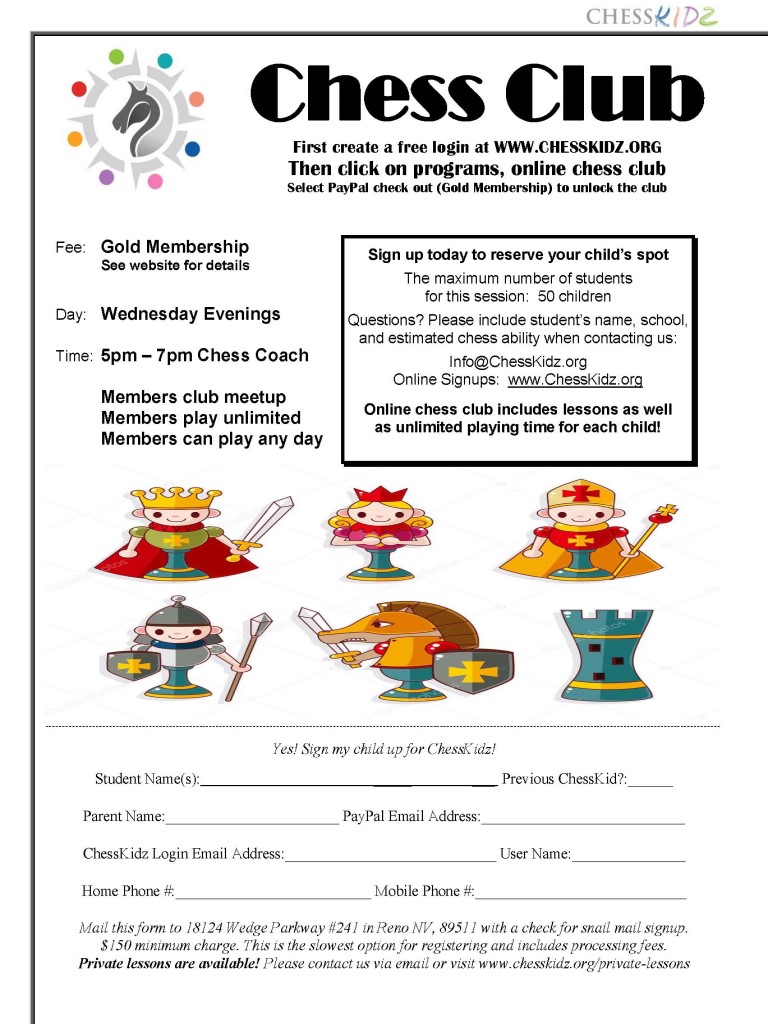Here is an outline I drew up for myself when I was studying the Reassess Your Chess Workbook by Jeremy Silman. Silman writes in a very easy to understand style and provides information for players who long to escape the constraints of Class E - Expert. He is the author of other great books such as The Complete Book of Chess Strategy and The Amatuer's Mind. I highly recommend his books for anyone who is under the expert class.
1. Rules of the Combination
Open or weakened King position (stalemated King)
Undefended Pieces
Inadequately Defended Pieces (stretched/overloaded pieces)
2. Rules of the Minor pieces
Bishop: Good, Bad, Active – Bad Bishops must be solved by trading it, making it good by getting it outside the pawn chain or opening lines, or making it active and useful.
Bishops love open positions and are better in endgames with pawns on both sides of the board.
Knights: Need advanced support points to be effective. Knights are useful in closed positions. Knights are the best blockaders of passes pawns. Knights are usually superior to the bishop in an ending with pawns on one side of the board.
The Anti Knight Technique: Take away advanced support points for enemy Knights. Is the position open or closed and which piece will be superior? Are their support points for the minor pieces? Can his pieces get there? Does it matter if they do? Plan around these questions.
Two Bishops: The Bishop pair can be amazingly strong. To combat, create a blocked position, create advanced support points for your Knights to triumph, trade off one or both of the opponents Bishops to obtain a more manageable ending.
3. Rules of Space Advantage
The side with less space should initiate exchanges. The side with more space should avoid exchanges. If you have more space, find good outposts for your pieces, find a target and exploit it, or plan a possible breakthrough.
4. Rules of Pawn Structure
Doubled Pawns: Gives you an open file for Rooks, if they are central pawns you get central control, they can be used as backup control for squares, or can be battering rams against the enemy structure. These pawns have the tendency to be weak if they become targets.
Isolated Pawns: Gives you two open files for Rooks, the square in front of these pawns are most important, can be used as a post for pieces, can also be battering rams against the enemy structure, and can make pieces very active with open lines. These pawns also have the tendency to be weak if they become targets. Retain a Rook and a Queen to battle and win the pawn.
Backward Pawns: Is it on an open file? How well is it defended? Is the square in front of it defended? Is it serving a useful purpose (defending pawns, squares, pieces, etc.)? Can it successfully advance? These pawns also have the tendency to be weak if they become targets.
Passed Pawns: If it can be blockaded it is weak unless there is other play on the board. The most important square is the square directly in front of the passer. These pawns should be used as endgame insurance and should be pushed when possible! Knights are the best blockaders of these pawns.
5. Rules of Open Files
Is a penetration along the file possible for either player? Would it even be worth attempting to control or penetrate the file? Can I afford to take the time to control the file or is there more important play elsewhere? If I penetrate the open file does it work with the rest of my pieces and imbalances? Do certain factors in the position call for me to retain at least one Rook? If so, I might want to avoid the heavy exchanges and the file.
6. Rules of Material
Rule One: If you have a material advantage, find a plan that allows you to use the extra wood (trading, attacks, etc.). Don’t forget to play the rest of the game just because you won some material.
Rule Two: When you make a successful strike into the opponents camp and win material, you must often pull your forces back out towards the center reorganize. The reason is that after you fulfill a plan your pieces can often find themselves out of balance and no longer working together. If your pieces stay out of balance, the opponent may be able to launch a successful counter-attack. Material advantage usually proves decisive. Go to rule one.
Rule Three: Take material if you cannot see a reason not to. This puts pressure on your opponent to justify his sacrifice. This induces a certain element of panic sometimes that can send your opponents brain spinning!
Rule Four: When material up, you have the added defensive resource of giving it back if needed to stop an attack. While the opponent scrambles to get the material back, you can often quietly improve your position. You can equalize a difficult position this way, grab the initiative, or gain another advantage such positional plusses.
7. Three Keys to Success
1. Learn to recognize the imbalances and acquire a sense of which will be the dominant imbalance to hold.
2. Strive to prevent the enemy’s counter-play.
3. Never give up! Defend as if your life were hanging in the balance. Fight back with counter strikes!
By acknowledging these concepts and storing them in our long-term memory / subconscious its possible to find accurate plans. Imbalances can help our understanding of a majority of a position's key nuances and recognize the available options quicker. Candidate moves are the key to choosing our path in any given game and finding these moves to decide which is the optimal idea for our personal goal is where a players style can emerge. Silman has a systematic approach to finding each move. If you need a system of "thinking" about chess moves then I recommend his book Reassess Your Chess.


